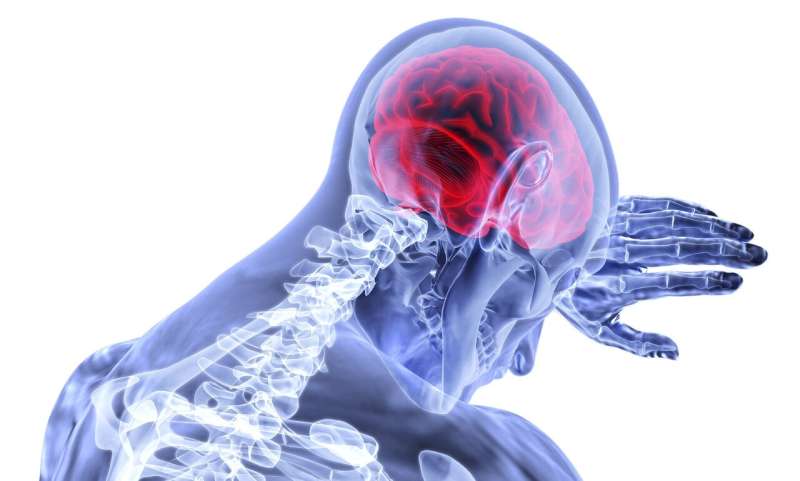New Insights into Brain Circuits Drive Cocaine Withdrawal Discomfort and Relapse Risks

A recent study reveals a small brain circuit that drives cocaine withdrawal discomfort and influences relapse risks, offering new targets for addiction treatment.
Recent research from the Hebrew University of Jerusalem uncovers a small but significant brain circuit involved in cocaine addiction. This 'anti-reward' network, located in the ventral pallidum, becomes hyperactive during withdrawal, causing emotional distress and discomfort that can push users back toward drug use. Interestingly, this circuit also appears to act as a protective mechanism, generating negative emotional signals that discourage excessive drug seeking.
The study, published in Science Advances and led by Prof. Yonatan M. Kupchik and Ph.D. student Liran Levi, shows that during abstinence from cocaine, this glutamatergic network amplifies negative emotions by suppressing dopamine release, making withdrawal physically and emotionally unpleasant. When cocaine is reintroduced, activity in this circuit diminishes temporarily, which provides relief but reinforces the cycle of relapse.
A surprising finding is that inhibiting this anti-reward circuit increases drug preference and motivation, suggesting that these negative signals may serve an internal braking system. This discovery shifts the focus of addiction treatment from solely targeting reward pathways to addressing the brain's aversive signals related to withdrawal.
The research highlights the potential for developing therapies that modulate these aversive brain signals, ultimately aiming to reduce relapse by alleviating withdrawal-associated discomfort. This new understanding emphasizes addiction as not just pursuit of pleasure but also an escape from pain, opening new avenues for effective interventions.
Stay Updated with Mia's Feed
Get the latest health & wellness insights delivered straight to your inbox.
Related Articles
How Aging Contributes to Neurodegenerative Diseases
Recent research uncovers a molecular link between aging and neurodegenerative diseases, highlighting EPS8 as a potential therapeutic target to prevent toxic protein aggregation in the aging brain.
Impact of Skin Pigmentation on Pulse Oximeter Accuracy
Recent studies reveal that skin pigmentation can impair pulse oximeter accuracy, especially in low-oxygen conditions, highlighting the need for more inclusive device design. Learn about the latest research addressing this critical issue.
Innovative Technique Enables Real-Time Visualization of Electrical and Calcium Signals in Patient-Derived Heart Cells
A groundbreaking technique now allows simultaneous, long-term visualization of electrical activity and calcium transients in patient-derived heart cells, enhancing cardiac disease research and drug development.



